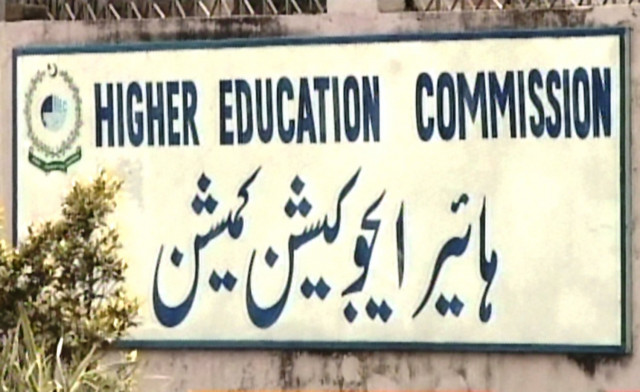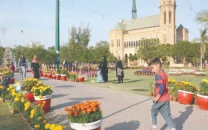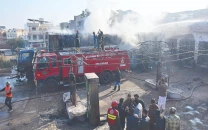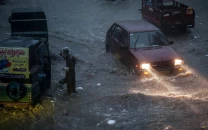HEC's Morocco conference draws fire amid varsity funding crisis
Public varsities face salary delays while HEC urges foreign travel on taxpayers money

Despite Pakistan's worsening financial crisis and growing fiscal deficits in public universities, the Higher Education Commission (HEC) continues to approve lavish expenditures using public funds. In its latest move, the HEC has issued letters to vice-chancellors and rectors of public sector universities across the country, inviting them to attend a conference in Rabat, Morocco - at the expense of their own university budgets.
Organised by the HEC itself, the conference is scheduled for the last week of June in Morocco's capital. The commission has asked interested vice-chancellors to confirm their participation and contact HEC Islamabad by May 28. However, the travel costs are to be covered by university funds - which primarily originate from taxpayer money and student fees.
Public universities in all four provinces receive funding from the federal government via the HEC, while institutions in Sindh are additionally supported by the provincial government with several billion rupees annually. Yet, under Sindh government policy, if a university head travels abroad, the leave notification typically clarifies that expenses must not be paid by the university or the government.
In this case, however, the HEC's letter explicitly places the financial responsibility of the Morocco trip on universities themselves. Meanwhile, reports indicate that the HEC will cover the travel expenses of a few high-ranking officials from its own budget.
This development comes as multiple universities are grappling with financial distress. Regular employees at the Federal Urdu University have reportedly not received salaries in months, while retired staff await overdue pensions.
The University of Balochistan faces a similar crisis. Even the newly-established federal university in Hyderabad is short on funds, and several institutions in Sindh are reportedly borrowing from banks just to pay staff.
Ironically, the conference was originally slated to be held in Pakistan on May 12. However, the venue was changed to Morocco due to what the HEC described as "regional conditions."

























COMMENTS
Comments are moderated and generally will be posted if they are on-topic and not abusive.
For more information, please see our Comments FAQ